Quality Rating 3: Program Assessment
Requirements
Let’s look at the requirements for Accreditation and Rating Scale: Program Assessment: ACR 2.3.
Review the requirements for your program type.
Some terms may be unfamiliar to you. Select the hyperlinks for more information.
Child Care Center
ACR 2.3: Program Assessment
Self-assessment(s) conducted for at least one classroom/designated space from each age group, as defined by the assessment tool(s), using:
- The Maryland EXCELS Self-Assessment(s) or Classroom Assessment Scoring System (CLASS®)
- School-Age Care Environment Rating Scale® (SACERS™), for a school-age classroom/designated space
Documentation to submit: Summary Score Sheet(s) from the Maryland EXCELS Self-Assessment or CLASS®; SACERS™ Score Sheet (first/last pages), if a school-age only group is enrolled
Family Child Care
ACR 2.3: Program Assessment
Self-assessment(s) conducted for each age group, as defined by the assessment tool(s), using:
- Maryland EXCELS Self-Assessment: Family Child Care
Documentation to submit: Maryland EXCELS Self-Assessment Summary Score Sheet(s)
School-Age Only
ACR 2.3: Program Assessment
Self-assessment conducted using School-Age Care Environment Rating Scale® (SACERS™)
Documentation to submit: SACERS™ Score Sheet (First and last pages)


